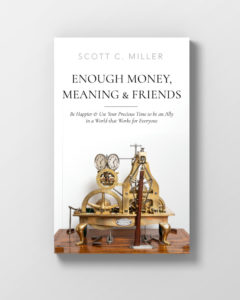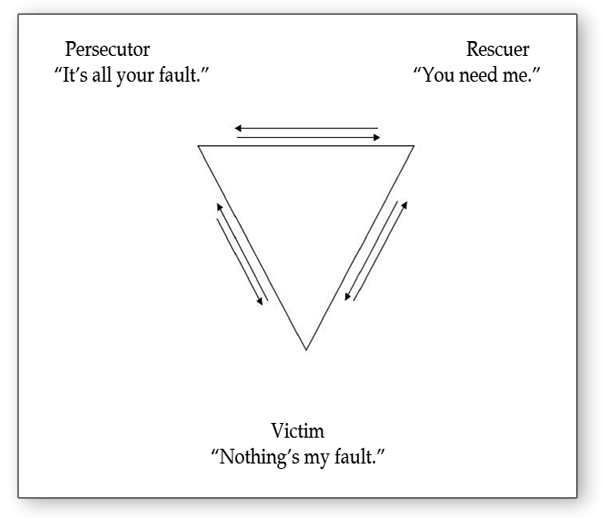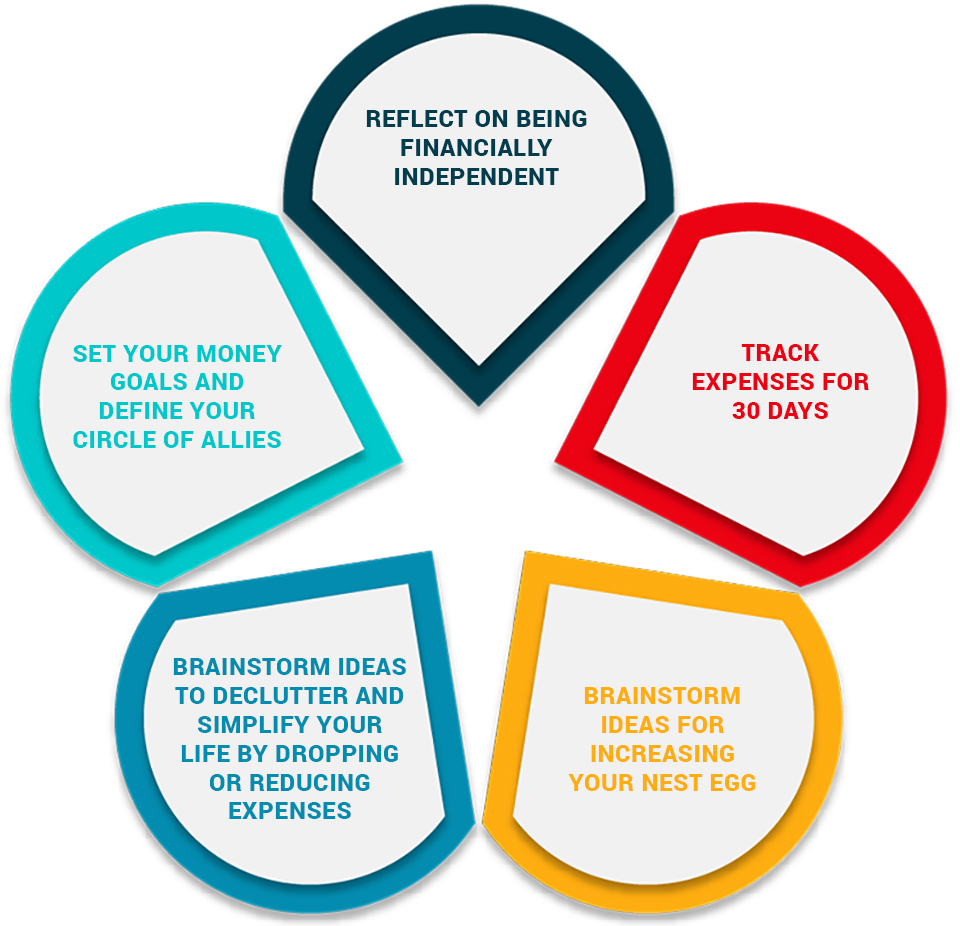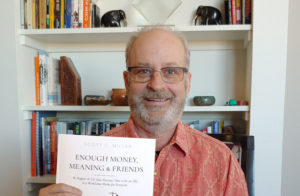 How we choose to spend our money will determine whether the emerging economy increases or reduces poverty, protects or further degrades the planet, and makes us a happier or a more miserable society.
How we choose to spend our money will determine whether the emerging economy increases or reduces poverty, protects or further degrades the planet, and makes us a happier or a more miserable society.
Our individual consumer habits matter. Every dollar is a vote for the world we want to create. Worried about climate change? Notice how often you tank up or travel for leisure. How about that new plastic gadget? How long before it ends up in the landfill? How about food shipped from a distant part of the country? As millions of us awaken to the detrimental impacts of our spending habits on the environment and on our health, we will generate a major shift in how our economy functions.
An economy should serve the greatest number of people for the highest good. It’s a system that we invented for the primary purpose of generating value for one another. We don’t just work to make money. We work because we have an inherent need to contribute to others. Human beings have spent the majority of their history working together in small groups to survive. Deep in our social DNA is the protective instincts of taking care of one another so that each of us can make our necessary contributions to thrive as a group.
There is far more cooperation in successful economies than we realize. Think of the coordinated efforts in providing you with this book to read. There are too many companies to list that were involved in making the complex products and providing the services necessary for me to write on a computer, email it to an editor, have it uploaded onto a publishing and distribution format, notify you that it’s available, and prepare the cup of coffee that you might be having while reading it.
Imagine if we understood the notion that the best economy is one that works for everyone. The tragedy of poverty would end. The United States has more than enough resources to eradicate poverty, literally overnight if we chose to do so. These realities can happen once a critical mass of people adopts a new paradigm about the purpose and goals of the economy.
From the book: Enough Money, Meaning & Friends ~ By Scott C. Miller
To learn more about Scott Miller, please see his website here.




 Recently, two people mentioned to me that there was not enough time to get things done. One of them said he was working seven days a week. How does this happen to us? Perhaps the shift to digital technology has pushed our overwork patterns to new levels?
Recently, two people mentioned to me that there was not enough time to get things done. One of them said he was working seven days a week. How does this happen to us? Perhaps the shift to digital technology has pushed our overwork patterns to new levels?